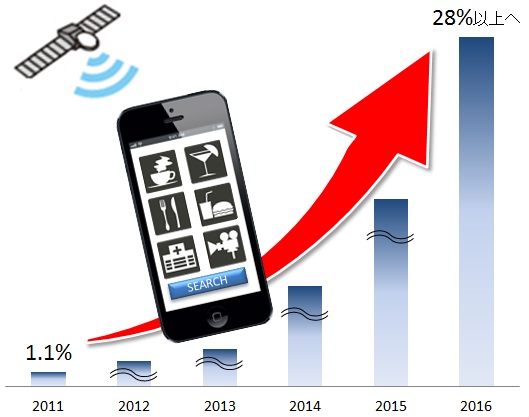All aboard the cloud bandwagon
Almost everyone has heard of the Cloud, one of the trendiest buzzwords in the computer industry. Cloud evangelists like Google, Amazon and Apple loudly proclaim its revolutionary advantages. And IT enterprises everywhere fill their advertisements with images of the fluffy, floating entity.
Critics claim the Cloud is nothing more than a passing craze or trendy name for the Internet. After all, the Internet has long been portrayed as a cloud in network diagrams and many so-called cloud-based services are little more than re-labeled Internet services.
But the truth probably lies somewhere between the two extremes. The Cloud indeed represents a genuine revolution, but it emerged from what was already represented by cloud illustrations - the Internet, other networks and network providers - long before the term became cool. These providers used to offer little more than long-distance data transmission, but now providers host servers, store data, provide software as a service and more to the delight of corporations that find their offerings more cost effective than in-house solutions.
Savvy marketers seeking a simple way to sell these difficult-to-categorize services found "The Cloud" a convenient label that captures people's imagination. Once the concept caught on, it helped fuel sales of cloud-based services to corporations and consumers through private networks and the Internet.
Now cloud-based services are becoming so common that many people don't even realize they are using them. Gmail, Hotmail and Yahoo! Mail, for example, work so smoothly and seamlessly that it's easy to forget they store application software and email remotely.
When cloud-based services are combined with mobile technology, the unlimited possibilities resemble another buzzword from yesteryear - ubiquitous computing. Email can be accessed anytime, anywhere from almost any mobile device by simply logging in to one of the abovementioned email services. And Apple's breakthrough iCloud service eliminates the log-in process to enable automatic access to remotely stored music, photos and other content wherever you go.
For better or worse, the Cloud will likely revolutionize both business and our daily lifestyles. It has certainly become a force within advertising and marketing. Before long, we may all find ourselves jumping on the cloud bandwagon.
Japanese articles may not fully reflect English content.









